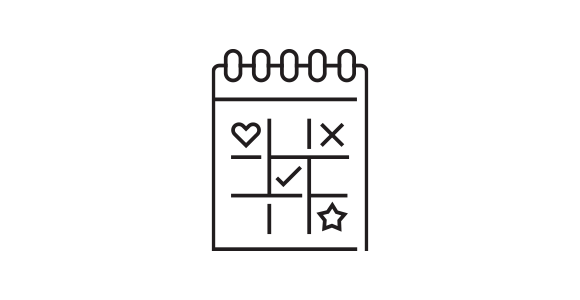- Bibliotek
-
Links
-
SDUmail - Webmail service
Outlook Web Mail -
itslearning
Adgang til dine fag/kurser -
DigitalEksamen
Adgang til DigitalEksamen -
SPOC
Kontakt SDU - SPOC -
SDU Studenterselvbetjening
Studerende kan tilmelde sig kurser, eksamen og se resultater -
SDU Print
Opsætning og håndtering af print -
Din SDU konto
Se konto information, ændre/registrere SMS nummer og billedindstillinger -
Nulstil/Skift kodeord
Nulstil eller skift dit kodeord. Glemt kodeord? Brug denne service -
Biblioteket
Se lånerstatus, reservationer & forny lån -
Information Service
Viser den information tjenester ser -
Ledige stillinger
Her finder du en liste over de ledige studentermedhjælperjobs og instrukturarter på SDU
-
SDUmail - Webmail service
Velkommen til SDU Esbjerg.
Vi har samlet den information, du har brug for her, så du kan få den bedste start på din uddannelse. Der er meget ny information, så det er en god idé at læse studiestartsiderne igennem inden studiestart.

Program for introdage
For at sikre at du får en god velkomst på SDU, har vi tilrettelagt et introprogram.

12 spørgsmål ved studiestart
Hvilke bøger skal du købe? Hvordan kommer du godt i gang med studierne?
Studiestartsarrangementer
Top 5 spørgsmål ved studiestart på SDU Esbjerg
Se i dit introprogram, hvornår og hvor dit uddannelsesforløb starter introduktionsforløb.
I menuen finder du dit skema under læseplaner.
Den litteratur du skal bruge, bliver slået op på faget i Itslearning, som er SDU's e-læringsportal. Ofte bliver den først slået op efter semesteret er gået i gang.
SDU's boghandel er www.academicbooks.dk, hvor du kan købe de bøger, du skal bruge i din undervisning.
Her kan du også orientere dig i din uddannelses pensumliste. Listen opdateres løbende.
Når du bestiller bøger ved Academic books i Odense, kan du få dem frit leveret til din campusby.
Du kan også finde mange af bøgerne på SDUs bibliotek. Dit studiekort fungerer som lånerkort.
Du kan også være heldig at købe bøgerne brugt igennem sider som pensum.dk.
Boglisten for sociologistuderende - link til bogliste kommer snart
Boglisten for Erhvervsøkonomistuderende - link til bogliste kommer snart
Du skal holde dig orienteret via:
- Itslearning (sso.sdu.dk)
- Studenterselvbetjeningen (sso.sdu.dk)
- Din SDU mail (sso.sdu.dk)
- Din uddannelses side
Det er dit ansvar som studerende at holde dig orienteret om gældende regler, tilmeldingsperioder og eksamenstidspunkter.
Hvis du bliver syg under studiestarten, skal du være opmærksom på, at der er en studiestartsprøve, som du skal bestå for at kunne fortsætte på din uddannelse.
Er du forhindret i at gennemføre og bestå din studiestartsprøve på grund af sygdom skal du hurtigst muligt kontakte Studieservice på mail studieservice-es@sdu.dk eller på tlf. 6550 1103.
Der er flere steder hvor du kan finde hjælp, og det afhænger af, hvad du har brug for hjælp til.
Du finder kontaktoplysninger i menupunktet Kontakt.
Er du i tvivl kan du altid kontakte Studieservice.
